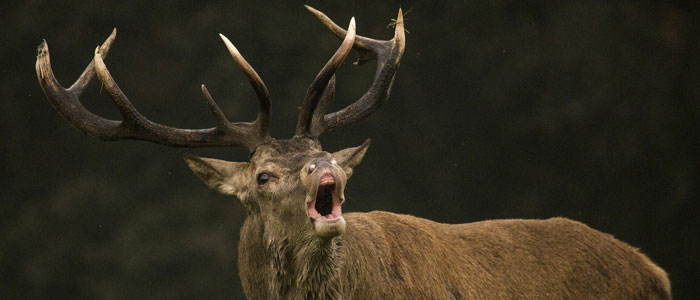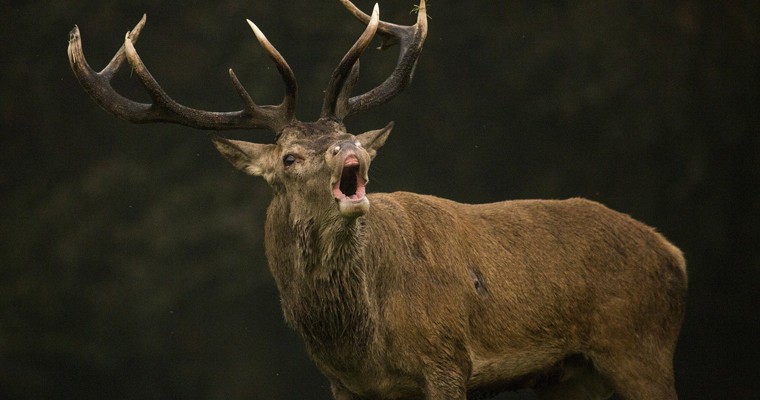Everyone will lose out from the Rockliff government’s Implementation Strategy for the Management of Fallow Deer released yesterday, according to the Invasive Species Council.
‘The government is clearly underestimating the crisis in Tasmania. The strategy reads like a nice day out in the country rather than providing the systematic plan that’s needed to control feral deer,’ said Andrew Cox, Invasive Species Council CEO.
‘Hunting is not an eradication plan. A reliance on recreational hunting is why we’re in the current situation with plagues of feral deer spreading across Tasmania.
‘If we carry on with business as usual, deer populations will spiral. By 2050, there will be up to a million deer, wreaking havoc on farms and national parks across half of Tasmania. We are facing a feral deer crisis, and we need professional, systematic control to address it.’
‘Feral deer devastate the environment, destroy farmlands and threaten our renowned national parks and world heritage areas.
‘A failure to implement systematic control will threaten the Tasmanian Wilderness World Heritage Area and our national parks, as well as the livelihoods of tourism operators who rely on these natural attractions. We will see motorists at increased risk on the roads and farmers suffering economic losses,’ he said.
The plan includes a pilot of aerial shooting in the World Heritage area and Walls of Jerusalem National Park but, without scaled up effort and utilising professional ground shooting, this won’t be enough to solve the problem.
‘Eradication is difficult and requires significant government investment. Only the most dedicated programs are successful,’ said Mr Cox.
‘Time is running out and urgent targeted action across the state is needed in our national parks, the World Heritage area and places such as King and Bruny islands and the Tasman Peninsula.
‘As our only island state, Tasmania has the opportunity to lead Australia as a state that treats feral animal and biosecurity threats seriously. With the current government’s obsession with putting hunting interests ahead of sound biosecurity practice, it threatens a thriving future for Tasmania’s environment and the people who rely on it for their livelihoods,’ he said.









